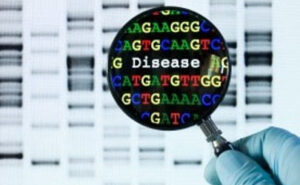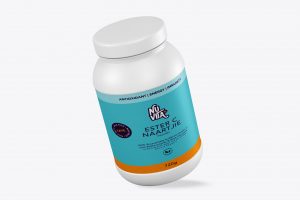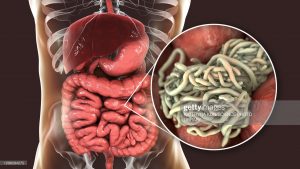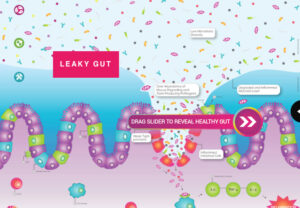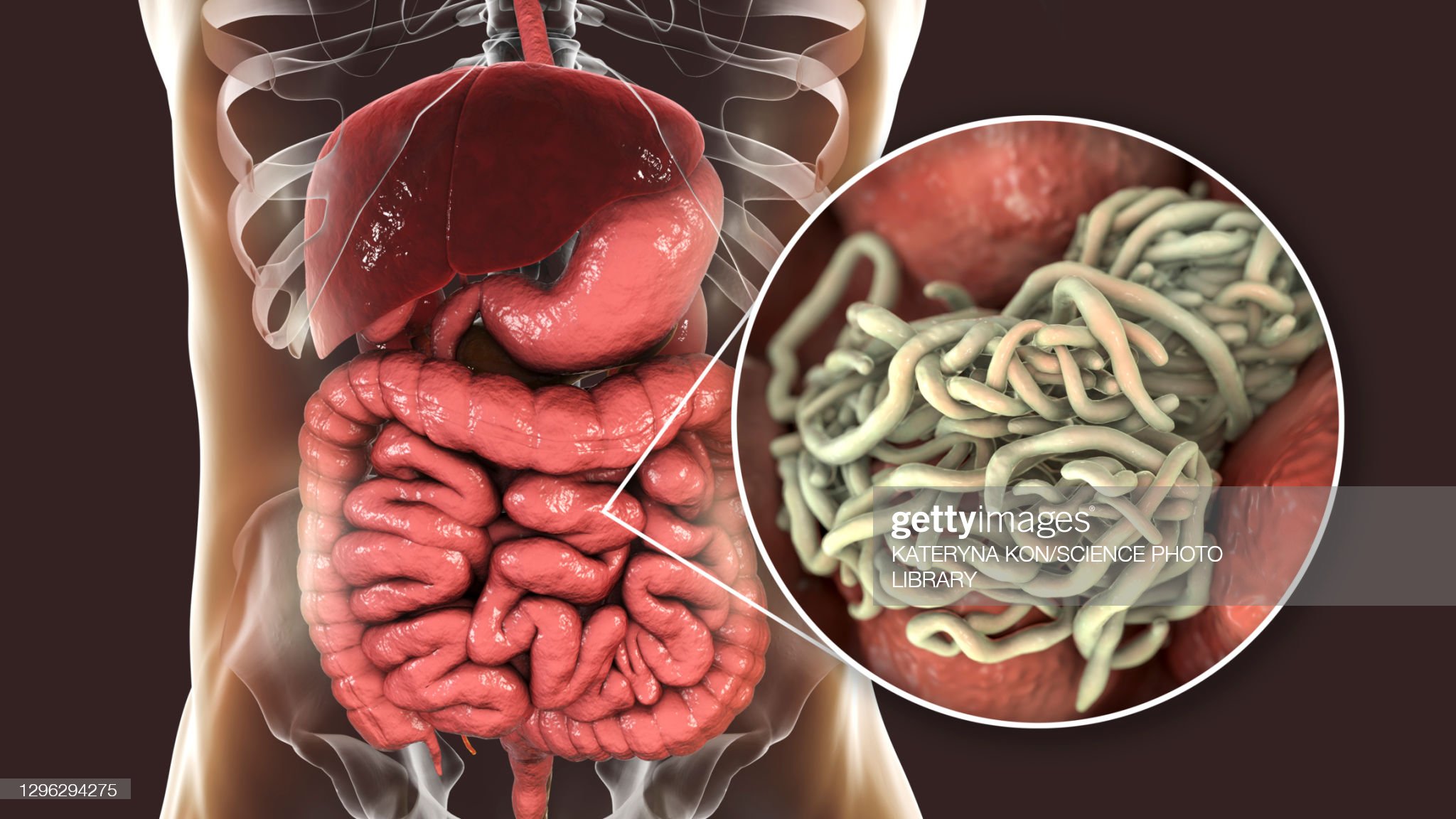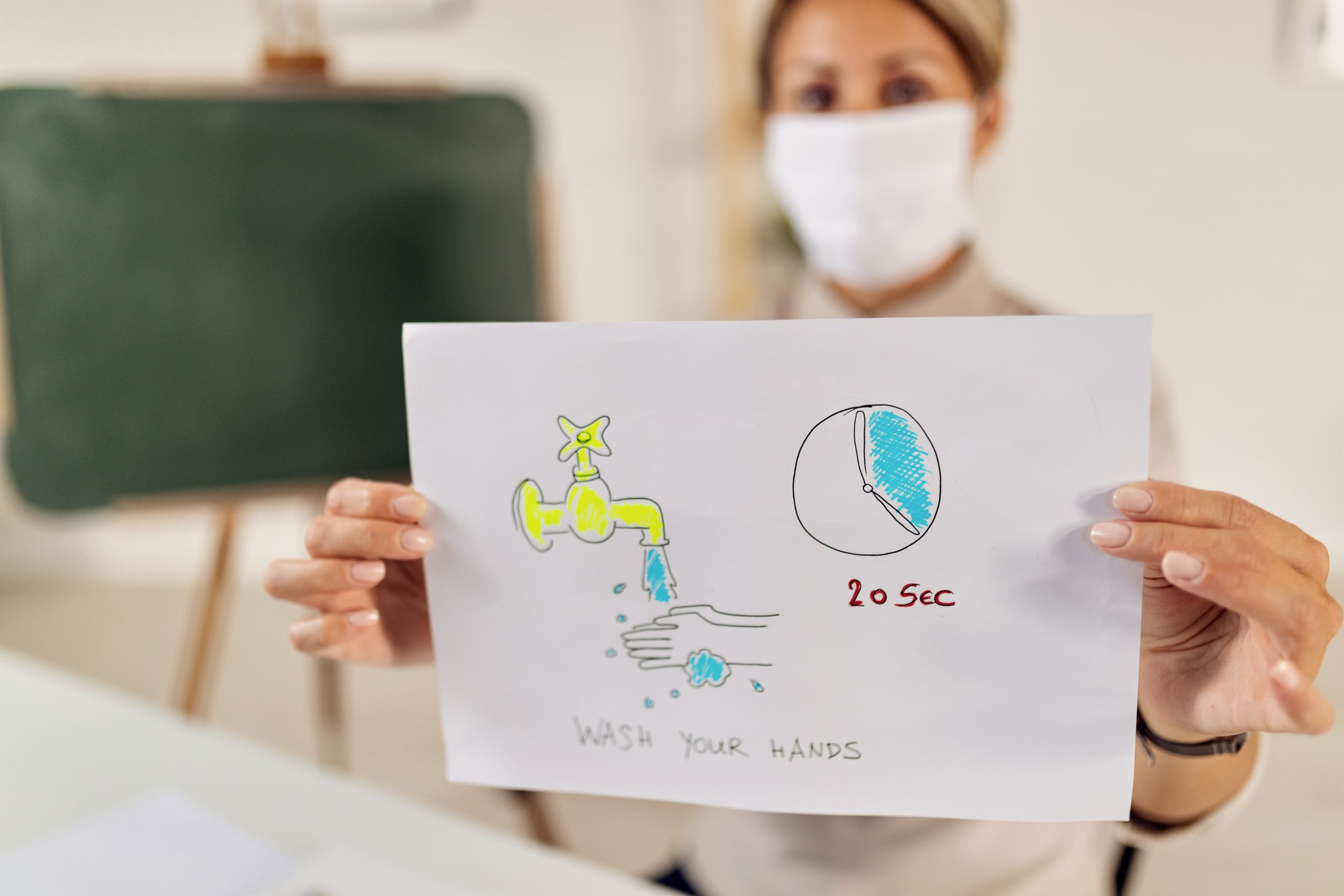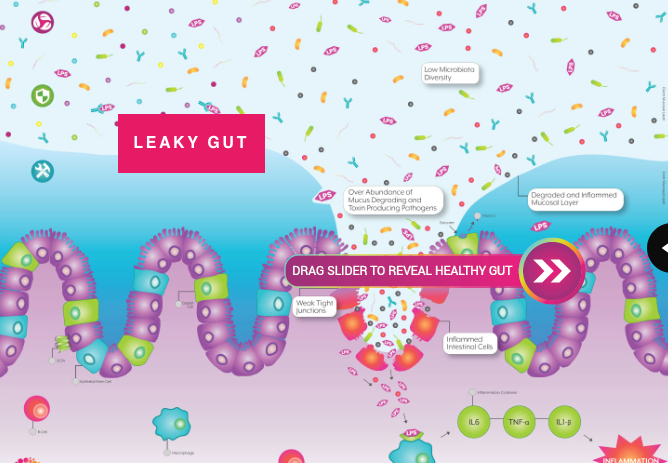There is priceless information hidden in your DNA! The emerging fields of genomics and nutritional genomics will help you unlock a new level of understanding about who you really are, how your genes can prevent or cause disease, and how best to achieve your health objectives using these insights.

Up until now, genetic tests have been good for identifying health risks, but beyond that… few have any idea what else they should do. We can now use that same information to discover your ideal diet and lifestyle, which is paramount to optimising your physical and emotional health — like never before!
The information we can glean from your DNA is priceless. There are now programs that will analyze your genetics report — whether you’re battling a health issue or not, this information is vital to better understanding who you are and how you’re made in order to optimize what you eat and how you act.
Along with our knowledge of the human genome (our DNA) and how diet and lifestyle can impact our genes, more attention is being placed on personalised nutrition. Personalised nutritional is customised advice based on your own unique DNA in order to make more effective dietary changes to improve your health and lower your chances of developing conditions such as obesity, cancer or heart disease.
Did you know that you can save financially on your many risk products and health cover if you know your genetic risk to disease. If you knew exactly what is happening in your body, the risks to mental illness and how to optimise performance and memory through personalised nutrition, would you do it?
Would you spend what you pay away on your insurances in one month to know what is happening inside you body? And when you know this information you may even have sufficient insights to reduce all those costs because genetically you may not even have a risk for the diseases you have insured against. Right now the majority of people insured are insured because of uncertainty, fear and in some instance a lack of insight to their own potential risk.
On average 1 out of every 100 people will develop Alzheimer’s by the time they turn 70. By 85, the risk is about 10 in 100 people. And here we have not mentioned the risk of losing one’s memory or brain function or even developing Dementia.
Worldwide around 50 million people live with dementia, and this number is projected to increase to 152 million by 2050, rising particularly in low and middle-income countries.
The Lancet: 40% of dementia cases could be prevented or delayed by targeting 12 risk factors throughout life
New research suggests that there are 12 factors that increase the risk of dementia, but measures can be taken to reduce this risk. Modifying 12 risk factors over the life course could delay or prevent 40% of dementia cases, according to an update to The Lancet Commission on dementia prevention, intervention, and care, which is being presented at the Alzheimer’s Association International Conference (AAIC 2020).
New research suggests that there are 12 factors that increase the risk of dementia, but measures can be taken to reduce this risk.

Modifying 12 risk factors over the life course could delay or prevent 40% of dementia cases, according to an update to The Lancet Commission on dementia prevention, intervention, and care, which is being presented at the Alzheimer’s Association International Conference (AAIC 2020).
Read the full Lancet Dementia 2017 Commission: The Lancet: Dementia prevention, intervention, and care
Genetic Testing for Improved Well-being
Genetic testing analyses changes in the bases of your genes identified through a cheek swab, and the results are used to provide you with clear recommendations and guidance for your health.
Navigating the wealth of nutrition information can be extremely frustrating and time consuming. Even more challenging is then identifying the right fit for you. Should you eat Paleo? AIP? Vegan? Mediterranean? High fat? Low fat? Atkins? And let’s not get into portion size and frequency. The quest for the perfect eating plan can inadvertently yield even more stress (and its subsequent implications) thereby defeating the initial purpose of better health. Adding an extra layer of confusion is the fact that a certain way of eating can lead to the remission of a disease in one person while potentially triggering symptoms in another. There is not a one size fits all when it comes to nutrition, to sustainable weightloss and or even disease prevention.
Have you experienced your own overconfidence cognitive bias when it comes to health and your state of wellbeing? A cognitive bias is an error in cognition that arises in a person’s line of reasoning when making a decision is flawed by personal beliefs. For instance, when asked about your state of health what is your initial reaction in comparison to being honest with yourself about what is at play in your body? When taking your vehicle for a service, you get back the outliers from the diagnostic. These errors are fixed and they bill you. Do you know your own outliers when it comes to how your body and brain are functioning? Would you know which genes compared to the general population are impaired and require additional nutritional support.
Broad dietary recommendations, such as “eat more fruits and vegetables,” fail to address specific nutrient needs of an individual, considering the diversity of micronutrient availability in different foods. Although everyone could eat more fruit and vegetables, identifying precise micronutrient combinations and concentrations that prevent DNA damage via dietary manipulations (i.e., increased folate and specific antioxidants compounds found in certain foods) can play a key role in the prevention and control of specific cancers, heart disease and alzheimer’s.
How Your Genes Work
In each of your cells, there is a nucleus with chromosomes, which contain your DNA. Your DNA has genes, which is a segment of DNA. Genes code for instructions for your body to function, but alterations happen when the base of those genes change. When bases change, it adjusts the shape of your genome, or group of genes, thus altering the function of this gene in your body. So, nutrigenomics is used to identify what happens when certain genes are changed, and how this can affect how you maintain weight, respond to exercise, develop risk factors for chronic disease, and use the food you eat for energy.
Along with our knowledge of the human genome and how diet can impact our genes, more attention is being placed on personalised nutrition, which is nutrition advice that is customised based on your own unique genome in order to make more effective dietary changes to improve your health and lower your chances of developing conditions like obesity or heart disease.
On the other side, the promise of personalising dietary recommendations based on genetic information has some limitations. Several of the tests lack evidence on some of the variation analysed. Additionally, test accuracy and the relevance of some tests for different ethnicities, genders, and ages isn’t clear, and the precise role of environmental factors on gene expression is to be further explored. One of the main challenges is testing is the report feedback provided or the report provided to the consumer and the lack of knowledge to use the results to practically implement the correct health strategy.
What Does Testing Entail
Here’s how it works: You request the right test or connect with us and we can assist to guide you. We send you a kit and you swab the inside of your cheek and we mail it to a lab. The lab analyses the sample for a series of genetic variations that reveal your risk of certain diseases or explain why you can’t lose weight or even how to optimise various functions of the body. Based on that, a food guide and supplement plan is provided to correct or compensate for any genetic impairments and help you lose weight and/or lower your risk of diseases. The test report, if interpreting it on your own will take a number of hours to do. Our general feedback is the reports requires learned skill to make the data practical and relevant. Connect with us if you are keen to explore personalised health and dietary guidance.


